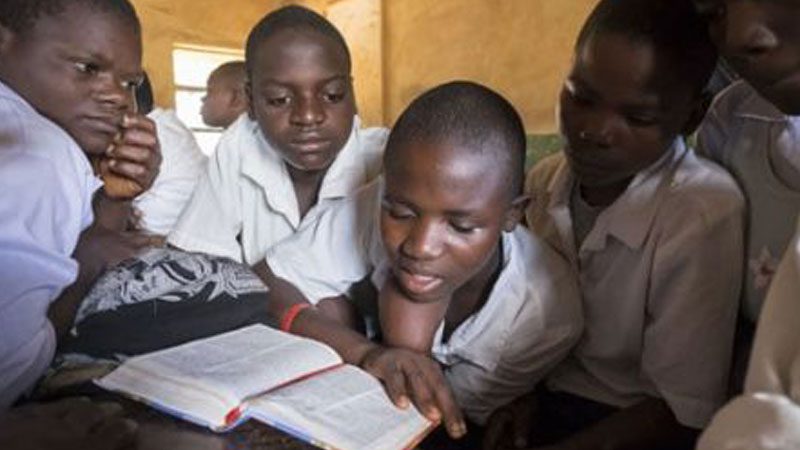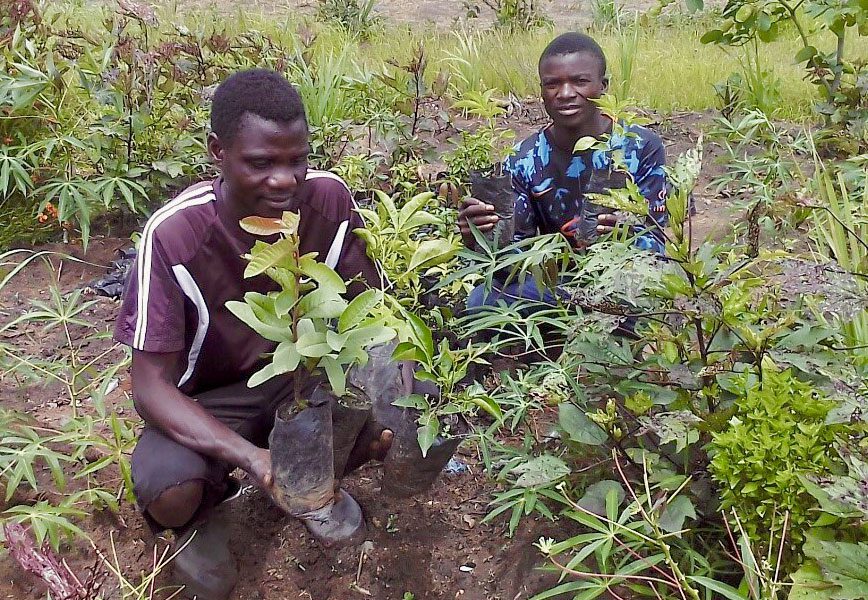“Takulandilani! – Chichewan for Welcome!”
Transforming a Malawian village through education
The Gumbi Education Fund was set up when readers of the Guardian newspaper in the UK responded to an article by the late John Vidal, the paper’s pioneering long-time Environment Editor, about the recovery of the village of Gumbi in central Malawi from a devastating famine in 2002.
The Fund improves the lives of children and young people through access to education – by funding secondary education for beneficiaries (which has to be paid for in Malawi) and funding a few through university, and also training young farmers in sustainable farming, developing a demonstration farm and homestead farming.
Help us continue over 20 years of changing the lives of children and young people
All Trustees are voluntary and the Gumbi Education Fund has no administrative costs beyond paying an honorarium to our Fund Co-ordinator in Malawi.
The difference the Fund is able to make is made possible by kind donations and regular giving. All and any contributions are so welcome, and we appreciate regular givers which helps us plan children’s secondary education.
Education means anything is possible

Only a fraction of children in Malawi attend secondary school which has to be paid for. The Fund directly pays for many children from Gumbi and surrounding villages in secondary education, as well as recently a few through University. The Fund has helped with some school building work, has provided solar power at the main local secondary school and lamps for students and during times of acute hunger set up school feeding programmes to encourage children to keep going to school. It has also brought children a wide selection of books, built 3 village libraries together with one at the local school to house them.
Sustainable farming is the way forward

To help the Gumbi community develop resilience to extreme weather events (droughts, storms) from climate change and provide a more regular food supply, less dependent on the staple maize, since 2020 the Fund has joined with Alton Climate Action Network to train young people in permaculture methods. It has set up an organic sustainable permaculture project (both on a farm and on homesteads), providing land, tools, seeds and seedlings, bikes to travel to and from villages, and funding buildings, solar panels and irrigation.





